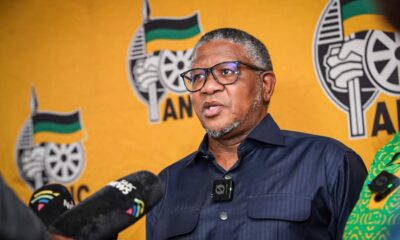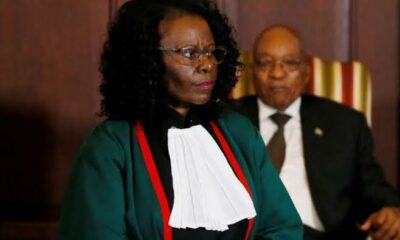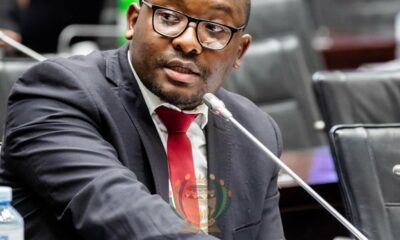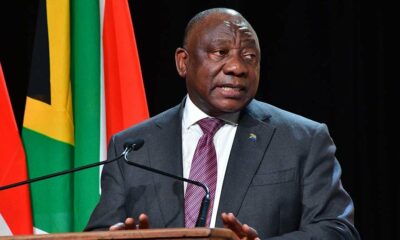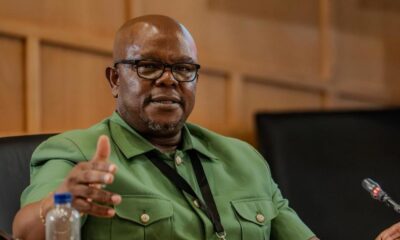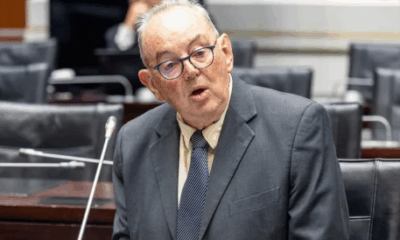News
R700 Million or Real Reform? Why South Africa’s National Dialogue Is Under Fire
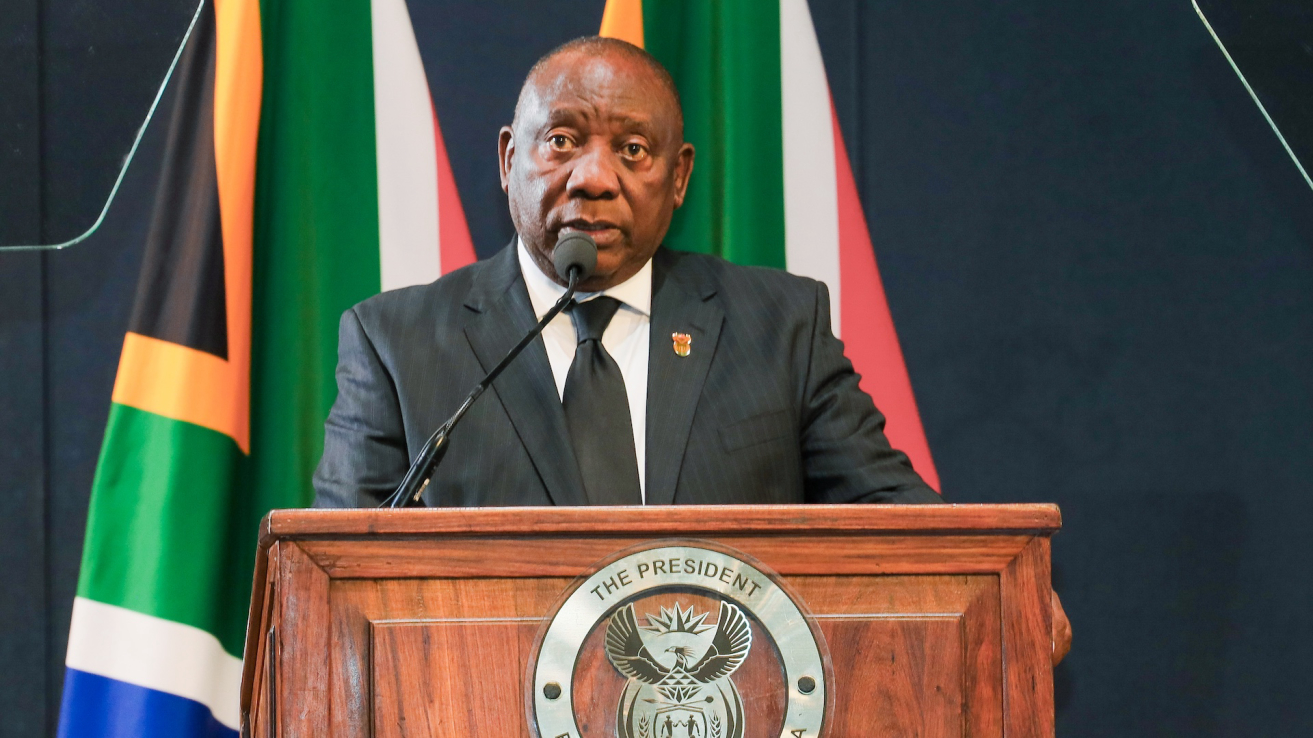
Is this a genuine reset for South Africa or just another expensive round of talking with no teeth?
The National Dialogue, a government-led initiative aimed at bridging South Africa’s social and political divides, has become a national talking point for all the wrong reasons. With an estimated cost of R700 million, growing numbers of civil society organisations, opposition parties, and everyday citizens are calling foul.
Announced earlier this year, the Dialogue was intended to bring communities together for a wide-ranging conversation about inequality, trust in government, crime, and corruption. However, what is unfolding is a firestorm of backlash, with many saying the Dialogue has already lost public confidence before it has even begun.
The Vision: Unity Through Conversation
President Cyril Ramaphosa has stated that the Dialogue’s goal is to “give South Africans an opportunity of coming up with a very good outcome” through inclusive consultations across the country. To support this, he appointed a group of respected community leaders, the Eminent Persons Group, to help steer the process.
One member, Anglican Archbishop Thabo Makgoba, has publicly supported the idea but issued a warning: the success of the Dialogue depends on how open, independent, and non-political it truly is.
“For credibility, it must be free from manipulation by political and economic elites,” he said.
Churches were among the earliest voices calling for a national conversation back in 2017. However, as Makgoba pointed out, without genuine representation and integrity, the Dialogue risks becoming a symbolic gesture rather than a catalyst for real change.
The Cost: R700 Million and Counting
The proposed cost of the Dialogue has triggered outrage across the political spectrum. The Democratic Alliance (DA) has withdrawn entirely, calling the process bloated and disingenuous. Civil rights group #NotInMyName has criticised the project as a “waste of public funds,” and the Labour Party of South Africa has already taken legal action in the Gauteng High Court to halt it.
According to Advocate Margaretha Enbelbrecht SC, representing the Labour Party, the R700 million estimate is only the initial spend. It covers the national convention scheduled for 15 August, as well as provincial events and logistics such as travel, venues, and accommodation.
“There isn’t a committed number. What we have is a proposal, not a proper, transparent budget,” she said.
Critics Speak: Symbolism, Not Substance
Across sectors, there is concern that this will become just another expensive talk shop.
Ilitha Labantu, a gender-based violence advocacy group, said dialogues often turn into “tick-box exercises” with little follow-through. Their spokesperson, Siyabulela Monakali, said:
“South Africa has never lacked vision. The problem is implementation.”
He pointed to the country’s 62% youth unemployment rate, persistent gender-based violence, and unmet promises in the National Development Plan as proof that communities are asking for action, not more paperwork.
Experts Weigh In
Professor Guy Lamb, a crime and policing expert at Stellenbosch University, questioned the top-down format.
“Government has gone for the high-level, ‘celebrity’ model again. But maybe we should go sector by sector, fix plans we already have, talk about what’s not working, and get serious about red tape and procurement failures.”
Power and energy expert Vally Padayachee echoed these thoughts, saying public trust has eroded, and rebuilding it must go hand-in-hand with restoring performance in key sectors such as energy and infrastructure.
“We are more than 30 years into democracy, but we have a serious trust deficiency.”
Public Mood: Distrust Runs Deep
On social media, public frustration is clear. Hashtags like #TalkIsCheap and #NotAnotherSummit have trended in response, with many questioning why the government can find R700 million for a dialogue but not for reliable electricity, basic shelter support, or safer communities.
The fear is not that South Africans do not want dialogue, but that they are tired of words without action.
As one user put it:
“We don’t need another glossy document. We need working taps, working police, and working power.”
Also read: New Hope for Africa: First Malaria Treatment for Babies Approved
Follow Joburg ETC on Facebook, Twitter , TikTok and Instagram
For more News in Johannesburg, visit joburgetc.com
Source: IOL
Featured Image: ISS Africa

